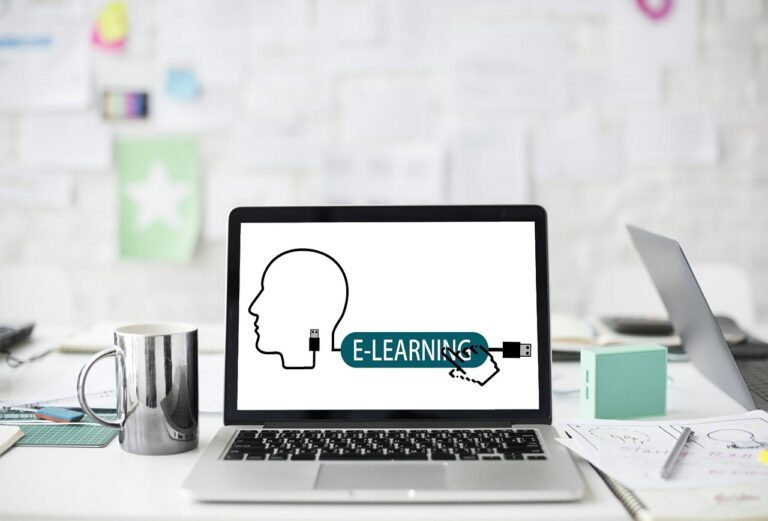Fostering Resilience Through Social-Emotional Learning Curriculums and Skill Building: 99exch.com login, Laser247. Com, Yolo247 login
99exch.com login, laser247. com, yolo247 login: Fostering Resilience Through Social-Emotional Learning Curriculums and Skill Building
In today’s fast-paced and ever-changing world, it’s more important than ever to equip our children with the tools they need to navigate life’s ups and downs. One crucial way to do this is through social-emotional learning (SEL) curriculums and skill building. By incorporating SEL into our educational systems, we can help students develop the resilience they need to thrive in the face of adversity.
Why is resilience important?
Resilience is the ability to bounce back from setbacks, adapt to change, and persevere in the face of challenges. It’s a crucial skill that helps individuals navigate life’s inevitable ups and downs with grace and strength. By fostering resilience in our children, we can help them develop a positive outlook on life, build healthy coping mechanisms, and develop the confidence to tackle whatever comes their way.
How can SEL help build resilience?
Social-emotional learning focuses on teaching students essential life skills such as self-awareness, self-management, social awareness, relationship building, and responsible decision-making. By incorporating SEL into our educational systems, we can help students develop the emotional intelligence they need to navigate complex social situations, manage their emotions effectively, and build meaningful connections with others. These skills are essential for building resilience and helping students thrive in all areas of life.
What are some key components of SEL curriculums?
SEL curriculums typically include a combination of classroom lessons, group activities, and individual reflection exercises. Some key components of SEL curriculums include:
1. Emotional awareness – Helping students recognize and understand their own emotions and the emotions of others.
2. Self-regulation – Teaching students how to manage their emotions in healthy and constructive ways.
3. Social skills – Building students’ ability to communicate effectively, resolve conflicts, and build positive relationships.
4. Responsible decision-making – Helping students develop critical thinking skills and make ethical and responsible choices.
How can parents and educators support SEL?
Parents and educators play a crucial role in supporting SEL initiatives. By modeling healthy emotional behavior, providing opportunities for students to practice their social and emotional skills, and reinforcing positive behaviors, parents and educators can help students build resilience and thrive in all areas of life.
What are some benefits of SEL?
Research has shown that students who participate in SEL programs experience a wide range of benefits, including improved academic performance, increased social and emotional skills, reduced behavioral problems, and higher levels of resilience. By investing in SEL initiatives, schools and communities can help students navigate life’s challenges with confidence and resilience.
In conclusion, fostering resilience through social-emotional learning curriculums and skill building is crucial for helping students thrive in today’s complex world. By incorporating SEL into our educational systems, we can help students develop the emotional intelligence and life skills they need to navigate life’s ups and downs with grace and strength. With the right support and resources, we can help our children build resilience and thrive in all areas of life.
FAQs:
Q: What age group is SEL most beneficial for?
A: SEL can be beneficial for students of all ages, from preschool through high school. However, it is never too early or too late to start building social and emotional skills.
Q: How can parents reinforce SEL at home?
A: Parents can reinforce SEL at home by modeling healthy emotional behavior, providing opportunities for children to practice their social and emotional skills, and engaging in open and honest conversations about emotions and relationships.
Q: Are there any resources available for schools looking to implement SEL?
A: Yes, there are many resources available for schools looking to implement SEL, including curriculums, training programs, and online resources. Organizations such as CASEL and the Collaborative for Academic, Social, and Emotional Learning offer a wealth of resources and support for schools looking to incorporate SEL into their programs.







